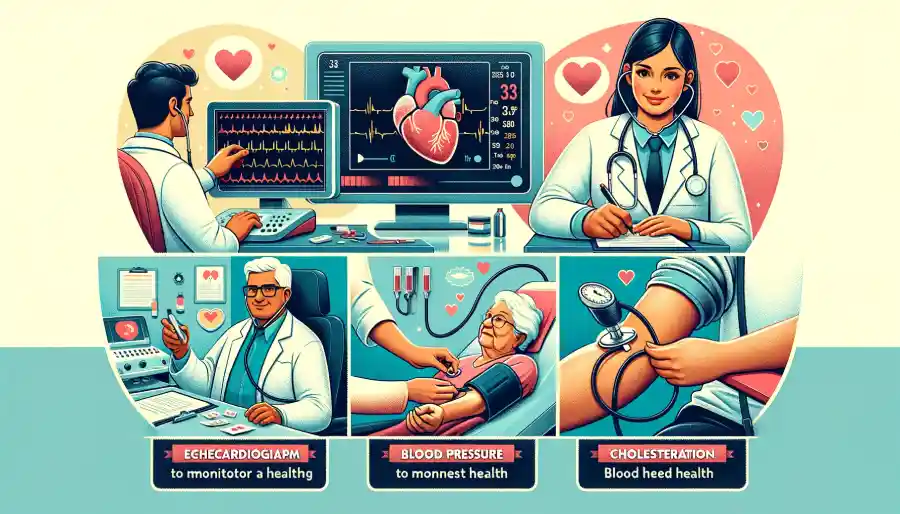You know that you need to eat well, maintain a healthy weight, and exercise regularly to maintain good heart health. However, even if you’re doing these things regularly, you can’t be certain that your heart is in good shape without proper screenings. Unfortunately, risk factors outside your control, such as genetics and environment, can negatively affect your cardiac health. Therefore, your family physician or cardiologist may regularly order the following tests.
1. Blood Pressure
You may suffer from high blood pressure and not know it. High blood pressure doesn’t necessarily present with noticeable symptoms but left unchecked, it can lead to heart disease and a higher risk of stroke. A cardiac professional such as Ian Weisberg will likely suggest blood pressure screenings every two years for patients without a history of high blood pressure.
If patients present with high blood pressure at the initial check, a medical provider will likely order more frequent screenings. In many cases, high blood pressure can be controlled with proper diet and exercise. If not, providers can prescribe medication to bring the numbers down.
2. Cholesterol Check
A fasting lipoprotein profile is a blood test that measures total cholesterol. Patients without a history of high cholesterol may only need to test for the condition every four years. However, if you’re struggling to keep your cholesterol levels in check, or if you present with other risk factors for heart disease, your provider may order yearly screenings.
Similar to high blood pressure, you can often control high cholesterol with proper diet and exercise. If not, your provider may prescribe medication to help you maintain healthy levels of LDL (bad) and HDL (good) cholesterol.
3. Blood Glucose
Depending on your current health and whether you suffer from additional risk factors for heart disease, your provider may order a blood glucose test to determine your “blood sugar” levels. High blood glucose levels put you at risk for insulin resistance and prediabetes which in turn raise your risk of heart disease and stroke. Monitoring and maintaining healthy blood glucose levels is essential for long-term heart health.
Even if you practice a healthy lifestyle, you don’t want to skip these important heart health screenings. Conditions such as high blood pressure, high cholesterol, and high blood sugar often present without symptoms and therefore will go unnoticed without regular checks. Consult with your healthcare provider to determine the frequency of screenings and to help you interpret the results.
